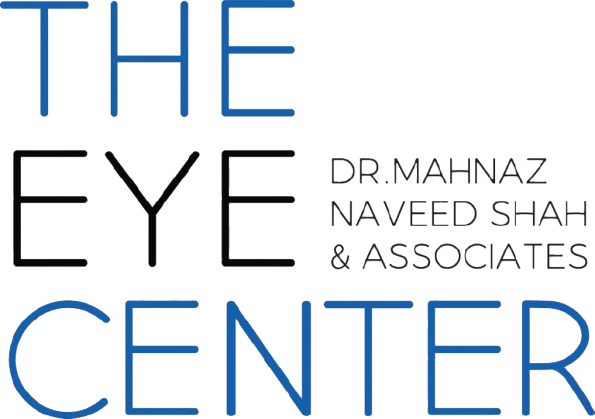Age-related macular degeneration (AMD) is an eye condition that causes central vision to become blurry. It occurs when the macula, the area of the eye that regulates precise, straight-ahead vision, suffers damage with age. the macula is the central portion of the retina which is the light-sensitive tissue at the back of the eye.
Age-related macular degeneration AMD is a prevalent disorder and one of the main causes of loss of vision in the older population. Although AMD does not result in total blindness, losing central vision makes it more difficult to read, drive, or perform close-up tasks like cooking or household tasks.
The stages of AMD reflect in the symptoms. Early, intermediate, and late stages of dry AMD all occur together. Since age-related macular degeneration is a degenerative condition, symptoms typically worsen over time..
Patients with early to intermediate dry AMD generally remain symptomless. Others may experience minor symptoms, such as slight central vision blurriness or difficulty seeing in dim lights.
Many people observe straight lines to start appearing wavy or curved in late age-related macular degeneration (wet or dry type). There can also be a hazy spot right in the middle of the field of vision. This hazy area might expand with time or one might notice blank spaces. Additionally, colors can seem less vibrant than usual and dim lighting might make it harder for you to see.
As one ages, individuals become more susceptible to age-related macular degeneration. A greater chance of AMD exists in people over the age of 55. Those with a family history of age-related macular degeneration and smokers are also at a higher risk for developing the disease.
Regular eye exams are crucial if an individual is at risk for age-related macular degeneration due to age, family history, or other factors. According to research, making healthy decisions like these can reduce the risk of developing AMD (or slow vision loss from AMD). Cessation of smoking, engaging in regular exercise, maintaining normal cholesterol and blood pressure levels and consuming healthy foods, such as fish and leafy greens vegetables are all beneficial.
At The Eye Center- Dr. Mahnaz Naveed Shah & Associates our team of eight ophthalmology subspecialists/ eye specialists, eye surgeons who are considered amongst the very best eye specialists in Karachi and in Pakistan, have the diagnostic and treatment capabilities to treat from the simplest to the most complex patients. We work hard to provide our patients with the best possible medical and surgical eye care, in a state of the art purpose built eye care facility. We offer the entire array of medical, laser and surgical treatments to help provide patients the best possible care in the most efficient, safe and ethical manner.
If you need an appointment, please contact us at 03041119544 during our working hours or leave us a WhatsApp message at +923028291799 and someone will connect with you. Walk-in appointments are also available for emergencies. We can also be reached through our web portal on www.surgicaleyecenter.org
